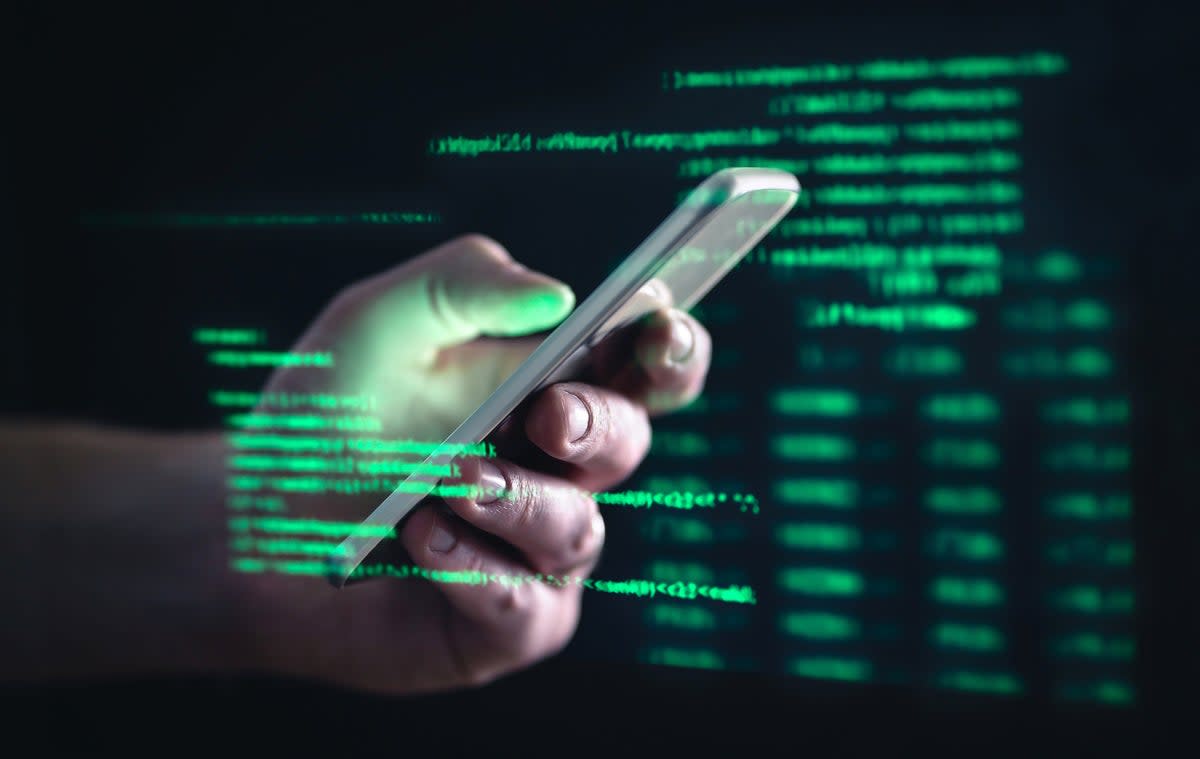Spy agency issues urgent warning to billions of smartphone users to avoid being spied on

The US National Security Agency has issued advice to smartphone owners to prevent their devices from being hacked and their personal details and money stolen.
The government agency’s Mobile Device Best Practices report is aimed at the billions of people around the world who use either an Android or an iOS smartphone, who are all exposed to a variety of cyber risks like spear-phishing attacks and zero-click exploits.
Smartphone users can protect themselves against many of these hacks by simply turning their phones off and on again, according to the NSA’s guidance.
“Threats to mobile devices are more prevalent and increasing in scope and complexity,” the US surveillance agency wrote in its guide.
“Users of mobile devices desire to take full advantage of the features available on those devices, but many of the features provide convenience and capability but sacrifice security.”
Among the standard advice of using strong passwords and using any biometric security features like face and fingerprint recognition, the NSA also offers other instructions that may be less familiar to average phone users.
Phone owners are urged to only use their original charging cords and to not use public USB charging stations to avoid their devices from being infected with spyware.
The NSA also recommends updating a device’s software as often as possible and to never connect a personal device to government computers via WiFi or Bluetooth, or to public WiFi networks.
“Disable location services when not needed [and] do not bring the device with you to sensitive locations,” the advice states.
“Do not have sensitive conversations in the vicinity of mobile devices not configured to handle secure voice. Do not have sensitive conversations on personal devices, even if you think the content is generic.”
Since it was formed in 1952, the NSA has grown into one of the biggest surveillance agencies in the world, hiring tens of thousands of employees to collect data and communications on behalf of the US government.
In 2013, former NSA contractor Edward Snowden revealed details of the agency’s worldwide surveillance activity.
Among the revelations was a program called PRISM, which secretly collected voice, text and video chats of millions of foreigners and US citizens through popular apps and devices developed by Apple, Facebook, Google and Microsoft.
Documents showed that the NSA gathered an average of 15 million telephone calls and 10 million internet communications each day in the year prior to Mr Snowden’s leaks.

 Yahoo News
Yahoo News 
